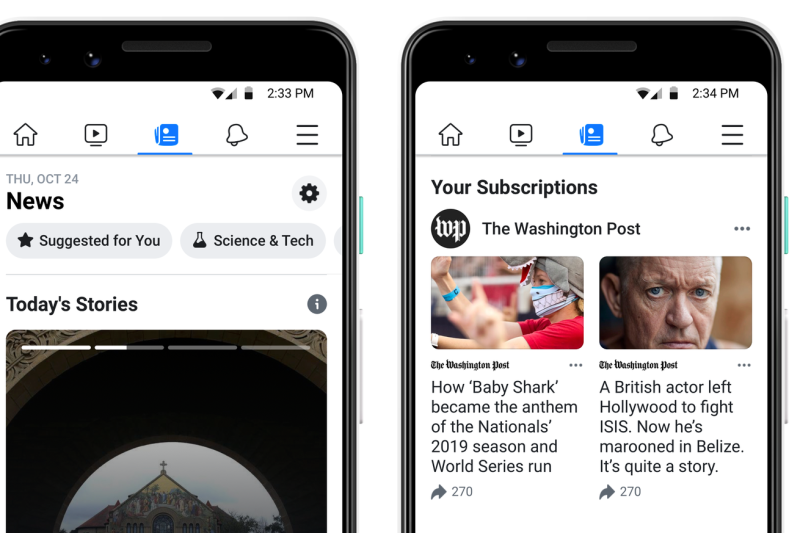In a surprising move to the media industry, Facebook has announced that it will be removing its news tab and will cease payments to publishers for news content shared on the platform. This decision is set to have far-reaching implications not only for publishers who have come to rely on Facebook for traffic and revenue but also for users who access news through the social media giant. The move comes amidst ongoing debates and controversies surrounding the role of tech giants in distributing news and the impact of their algorithms on media consumption habits.
One of the key implications of Facebook’s decision is the financial impact on publishers. Over the years, many publishers had entered into agreements with Facebook to share their news content on the platform in exchange for payments. This had become a significant source of revenue for some publishers, especially as traditional revenue streams such as advertising and subscriptions have faced challenges in the digital age. With Facebook’s decision to pull the plug on these payments, many publishers will now have to reassess their business models and find alternative ways to monetize their content.
Moreover, the removal of the news tab raises questions about the future of news consumption on Facebook. The news tab was meant to provide users with a dedicated space for consuming news content, separate from the regular social feed. By removing this feature, Facebook is effectively diluting the visibility of news content on the platform, which could have implications for how users discover and engage with news. This move may also lead to a decrease in traffic for publishers who have relied on Facebook as a key source of audience reach.
Additionally, the decision to stop paying publishers for news content raises broader questions about the relationship between tech platforms and the media industry. Many have criticized tech giants like Facebook for profiting off of news content without adequately compensating publishers for the value they provide. The move to stop payments could be seen as a way for Facebook to reduce its financial obligations to publishers and shift the balance of power further in its favor.
As the media landscape continues to evolve, it is crucial for publishers to diversify their revenue streams and reduce their dependence on platforms like Facebook. This could include exploring new business models such as subscriptions, memberships, and direct advertising partnerships. It is also important for publishers to focus on building direct relationships with their audiences through email newsletters, podcasts, and other channels that are not reliant on social media algorithms.
In conclusion, Facebook’s decision to remove its news tab and stop paying publishers for news content marks a significant shift in the relationship between tech platforms and the media industry. This move will have wide-ranging implications for publishers, users, and the broader ecosystem of news consumption. As the industry adapts to these changes, it is essential for publishers to be proactive in finding new ways to monetize their content and engage with audiences outside of traditional social media platforms.

